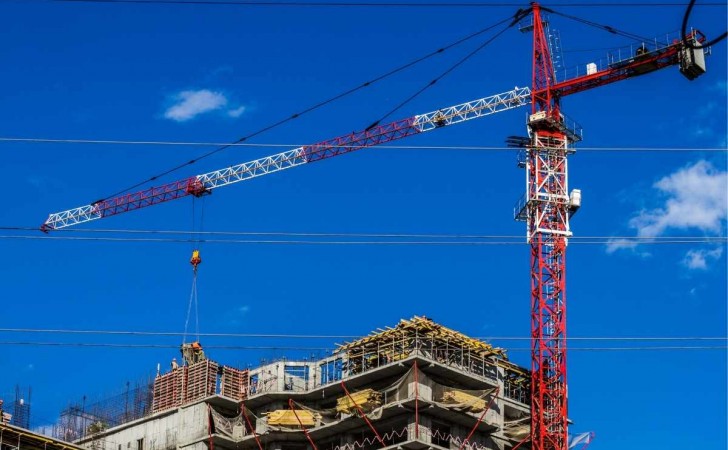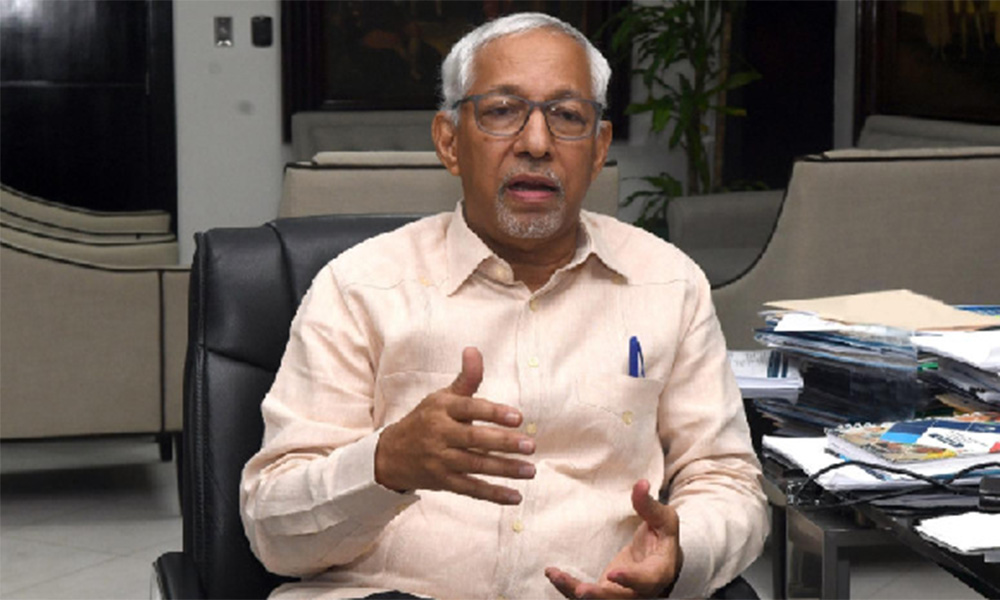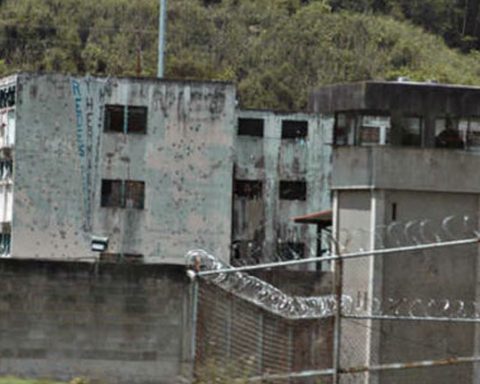
Uruguay, with its institutional strength, remains a magnet for foreign investors interested in real estate. Although construction schedules for new projects continue on schedule, the Uruguayan real estate sector says the current value of the dollar has led developers to halt sales of completed apartments in anticipation of a recovery in the US currency.
The Association of Private Construction Promoters (Appcu) told El Observador that there is a mismatch between the prices in dollars at which apartments are sold and the costs in pesos that developers must cover, thus complicating the financial equation for companies.
“They have stopped sales waiting for the dollar to reach a more sustainable value. They started building with a dollar at $45, now they are selling with a dollar at $40 and the costs (of construction) are not going down. It is a matter of common sense,” explained Aníbal Durán, executive manager of Appcu.
Although they did not specify the total number of square meters of new real estate projects affected, they confirmed that several developers have paused sales and that those who continue selling are losing money.
However, they stressed that construction of the works is not stopping. “The works are completed without exception; it is a commitment of honour, they are finished and delivered,” said Durán. He also stressed that although the pause in sales is notable, “it is not an alarming situation” since construction continues and “there are promising prospects for next year.”
The Uruguayan Real Estate Chamber (CIU) also shares this caution. Matías Medina, vice president of the CIU and director of Macari Negocios Inmobiliarios, told El Observador that the profit margin of builders “has been significantly reduced,” which has motivated the adoption of various commercial strategies, including the suspension of the sale of units.
Depending on the progress of the work and the percentage of units sold, Medina continued, developers and promoters prefer not to publish the entire price list immediately, but to release it gradually according to their financial situation.
Medina added that the CIU is also cautious about starting new projects. “Sometimes they have land already purchased but they do the calculations two or three times to see if it is worth building now or in a few months,” Medina said.
This commercial strategy of pausing the sale of completed apartments is mainly applied to units under the promoted housing regime, but a slowdown is also being seen in the sale of used homes, whose transactions “take longer to be completed,” Medina concluded.


















